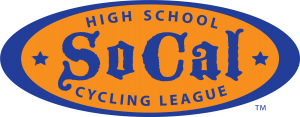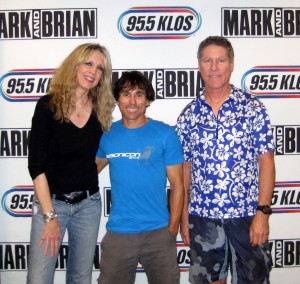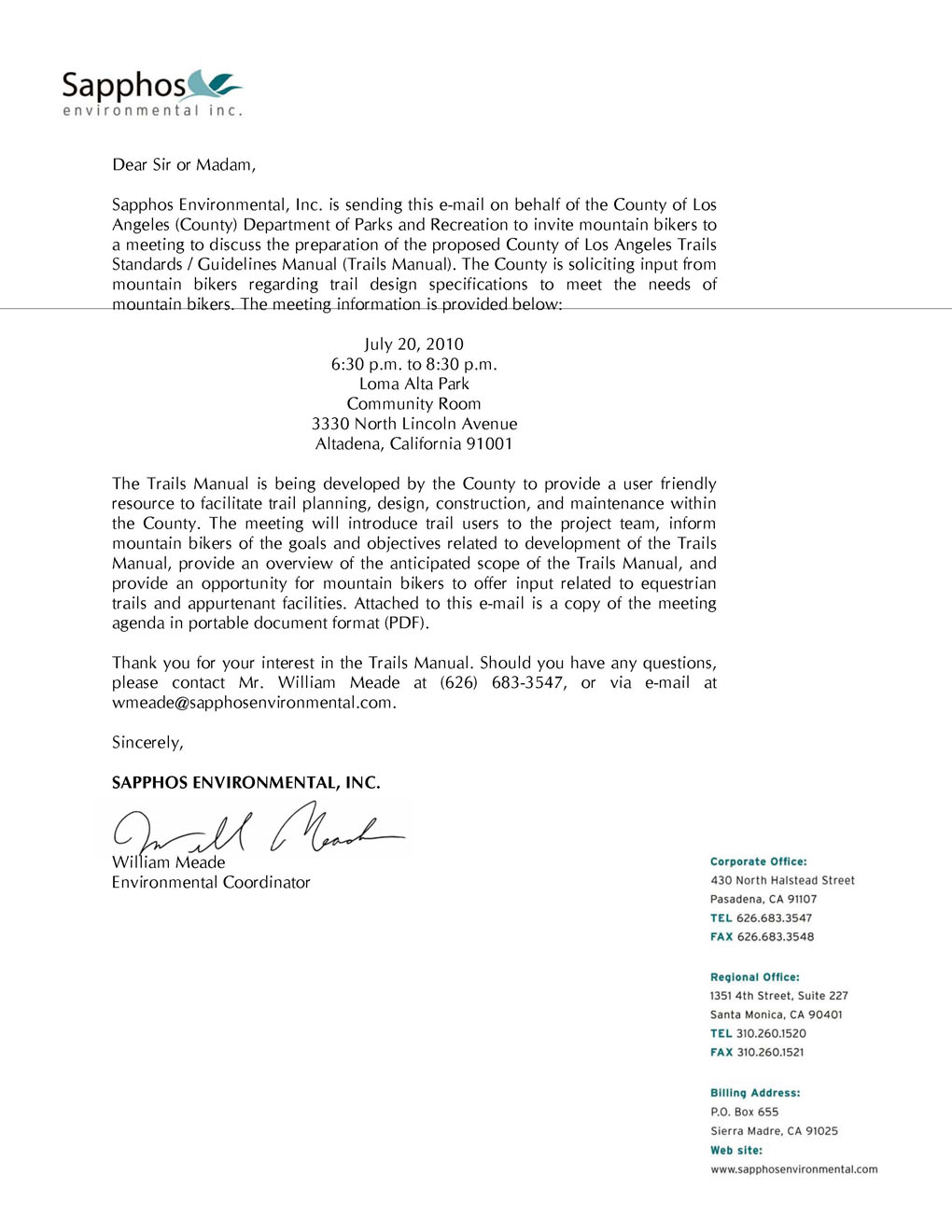The following is CORBA’s official response to the off-road cycling components of the most recent draft of the L.A. Bike Plan.
——————————————————————————–
Jordann Turner
Los Angeles Department of City Planning
200 N. Spring Street, Rm 721
Los Angeles, CA 90012
Re: Draft L.A. Bike Plan,
Dear Mr. Turner,
Thanks for the opportunity to comment on the current draft of the L.A. Bike Plan. We’d like to address specific aspects of the plan, namely, the components related to off-road cycling.
We find it ironic that the summary outline of the plan (Chapter 4, Page 61) states under Objectives: “Environment: Bicycles in City Parks 3.3 – Provide a safe and comfortable experience for all users.” Clearly, this plan does not meet this objective as “all users” must include mountain bikers. There is nothing in this draft plan that provides any expanded access for off-road cyclists to any City of Los Angeles property. This plan only serves to divert off-road cyclists outside the City of Los Angeles, and to do further “study.”
Instead, the plan once again acknowledges the “growing need” for off-road cycling facilities identified in the 1996 plan. It also (page 55/56) gives a history of the attempt to find “consensus” among park users regarding mountain bike access. It does not however, give the complete picture of that process. It states no consensus was reached, but does not mention that no consensus was possible. For example, a representative of the Sierra Club who was part of that process made it clear that he was staunchly opposed to any bicycle access to City parks, in direct contradiction to the Sierra Club’s stated policy that “mountain bikes are legitimate trail users.” Should not those invited to represent a particular organization represent the organization’s stated public policies rather than their own personal views? Since the representatives from the non-mountain biking user groups at those hearings appear to have been hand-picked for their stated opposition to bicycles in parks, no consensus was possible.
The fact that no consensus was possible or was reached in those mediation hearings is presented in this plan as a finding that “the use of bicycles on city trails was not found feasible.” This is a misinterpretation of the outcome of those proceedings. The outcome was only that no consensus was reached among those at the hearings. No consensus was possible when those invited into the process entered the hearings with the intent of preventing bicycles from gaining access to city parks, not with the intent of finding any consensus.
We believe the specific recommendations for 8 new trails to be opened to mountain bikers must be carried over from the 1996 plan. Since the process of finding a “consensus” was tainted from the start, a better policy would be to implement the 8 new trails as a pilot project, and study the outcome.
Policy 3.3.2,B states “Pursue opportunities for mountain bicycle access that may exist on land within and adjacent to the City of Los Angeles, under the jurisdiction of other agencies such as the Santa Monica Mountains Conservancy, Los Angeles County, State of California, etc.” This is a complete avoidance of the issue of off-road access for cyclists in Los Angeles. The communities surrounding the City Parks of Los Angeles are being denied bicycle access to those nearby parks for their children, for lower income families that do not drive or own vehicles. Middle to upper income off-road cyclists will seek higher-quality trail experiences in surrounding areas. Local youth, families, and those who would like to simply ride a bicycle from home to a park and enjoy the park’s facilities by bicycle, are left behind and completely ignored in this plan.
Policies 3.3.2 D, and E, are given five years to develop a database of existing trails and unimproved access roads. We support this process, however the five-year timeline is unacceptable. This should be completed in one year or less. CORBA has in the past assisted other land managers in developing trail databases using GPS technology and bicycles, at no cost to those agencies. However, since we cannot access the trails by bicycle we cannot help with this data-gathering service.
Policies 3.3.3 A and B “examine other jurisdictions…” should not take five years to complete. The data is already out there from other jurisdictions and studies. Strategies exist and appear to be working in cities around the country and the world. Numerous national, state, and county public lands are multi-use friendly, yet the reported incidence of conflicts is minimal. Five years to gather data that already exists is unacceptable. We find it puzzling that this plan acknowledges the successful implementation of multi-use policies that include hikers, equestrians and bicyclists in surrounding areas, yet expresses the need to study whether such multi-use principles are “feasible.”
Policy 3.3.3,C states “Conduct user counts and employ other methods to evaluate demand for off-road facilities by user groups.” Conducting user counts on the one section of trails at Mandeville Canyon would not give a true representation of the demand for multi-use trails within the City. These trails are far removed from population centers of Los Angeles. There is no public transport access to this area. Those who have the ability to travel will seek better quality trail experiences outside the city. Those who wish to participate in off-road cycling who do not or cannot drive will not be able to. So any count of users at the one location where off-road cycling is allowed will not give a true representation. Instead a better metric would be the number of off-road capable bicycles owned in the City of Los Angeles. When this number is compared to the number of users who own horses or who participate in hiking or trail-running, we’re confident that the numbers will speak for themselves. In fact, the 1996 plan acknowledged the “growing need” for off-road bicycle facilities. The Outdoor Recreation Association reported that mountain bike use grew by 18% from 2007 to 2008. Clearly the need exists, and it should not take five years to determine a known fact.
Policies 3.3.3 D and E “Obtain information on levels of use by hikers and equestrians before and after the introduction of off-road bicycle access” and “Conduct a spillover analysis to determine the extent to which mountain bicycle use spills over onto mountain trails where bicycling is prohibited” respectively, assumes that the introduction of off-road bicycle access will take place. Yet the introduction of mountain bicycle use is not specified or directed anywhere in this plan. This policy doesn’t specify that this data will be gathered from other jurisdictions, in which case the five year timeline is unacceptable, as the data already exist.
Nothing in this plan provides off-road bicycle access to parks for the bicycle-riding communities who live near LA City parks. While we understand that the serious mountain biking enthusiasts have access to surrounding areas, those of lesser means do not, and their needs are not addressed in this plan.
We would also like to see non-trail off-road alternatives be considered and recommended within the plan. Bike Parks, and specifically, dirt Mountain Bike Parks, can provide a safe, healthy center of activity and exercise for youth and adults alike, while avoiding any potential trail user conflicts. They can be constructed at minimum cost and maintained with a supervised volunteer workforce that helps generate a sense of ownership and community. Precedents exist in the form of skateboard parks in Los Angeles and bike parks in other cities.
While we agree that a trail database and inventory is sorely needed to manage the City’s parks, we would like to see this process expedited from the five years offered in this plan to one year or less. There are many City-owned parks, such as those in the northern San Fernando Valley, where there is no Management Plan in place. For those parks that do not have a management or master plan that specifically prohibits off-road cycling, we would like to see those opened to off-road cycling immediately.
To facilitate this, the plan needs to direct the City to lift the ban on off-road bicycles on trails in City parks. Section 86.04 of the Municipal Code prohibits bicycles on any trails. Section 63.44.16 prohibits bicycles, except on “paths roads or drives designed and provided for such purposes.” Further, MC Section 12.04.05 (Open Space Zone) specifically allows for bicycle trails within open space zones. These seemingly contradictory codes are subject to interpretation. They are currently interpreted as a city-wide ban on bicycles in parks. Having a city-wide ban on bicycles on park trails fails to take into consideration the differing demographics and needs of nearby residents of each individual park or open space. It sends an exclusionary message, disenfranchising the large and growing population of off-road cyclists. This ban effectively reduces opportunities for safe, healthy exercise, especially for non-driving children and adults. It even criminalizes a small child with training wheels learning to ride a bicycle in a park.
CORBA operates a Youth Adventures program, serving at-risk youth from the City of Los Angeles. We give them a truly rounded experience that includes nature interpretation, exercise, camaraderie and introduces them to a sport they can potentially enjoy for the rest of their lives. We are unable to serve as many youth as we’d like as we are not able to use facilities within the City of Los Angeles, where most of these youth are located. Expanded access would allow us to better serve the youth of Los Angeles, would encourage more outdoor exercise among these youth, and would help this generation avoid problems of obesity. Off-road cycling is fun, a good form of exercise and promotes health. It should be encouraged, not discouraged. Opening parks to bicycles would allow and encourage healthy exercise and appreciation of nature among the youth of Los Angeles.
Today’s BMX-riding teen could be tomorrow’s bicycle commuter; a teen who has a place to ride a bike has a place to exercise. Studies by the Outdoor Recreation Association reveal that making exercise fun is the biggest motivating factor we can offer our children. The unstructured play element of off-road cycling entices kids to explore our natural areas. The bike handling skills learned off-road lead to more competent and confident cyclists. Nothing in the current plan provides expanded bicycle access for youth who are unable to drive outside the city.
We have a vision of safe and friendly parks with shared-use trails and facilities that include cyclists. This plan does not share that vision, even though one of its stated objectives is to “Provide a safe and comfortable [City park] experience for all users.” A plan that fails to meet its own stated objectives cannot be considered complete or truly bicycle-friendly.
Sincerely,
Concerned Off-Road Bicyclists Association
 Messer spoke to the new coaches about the importance of advocacy for mountain bike access. His presentation followed a talk by Matt Gunnell, director of the So Cal league, on how coaches need to train their teams to be good representatives of the mountain bike community. Part of being a good representative is giving back to the trails in the form of at least one day of trail work for each team, each season, he said. The League strongly encourages this, and many did not know their league insurance covers their team for trailwork during the season.
Messer spoke to the new coaches about the importance of advocacy for mountain bike access. His presentation followed a talk by Matt Gunnell, director of the So Cal league, on how coaches need to train their teams to be good representatives of the mountain bike community. Part of being a good representative is giving back to the trails in the form of at least one day of trail work for each team, each season, he said. The League strongly encourages this, and many did not know their league insurance covers their team for trailwork during the season.





